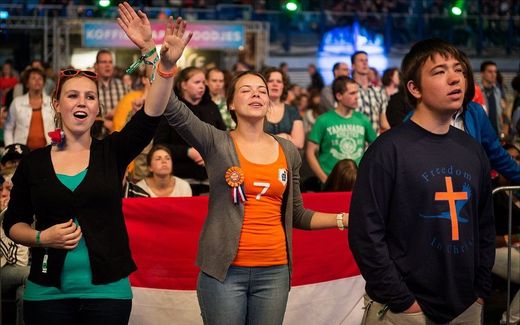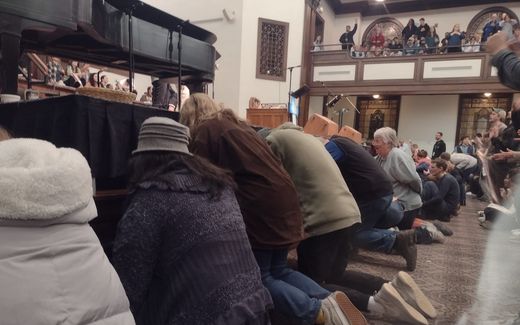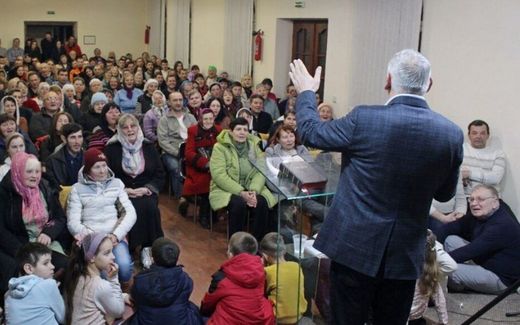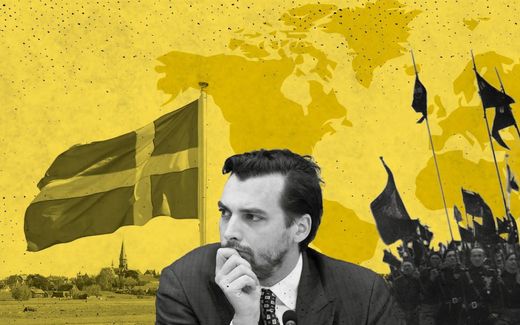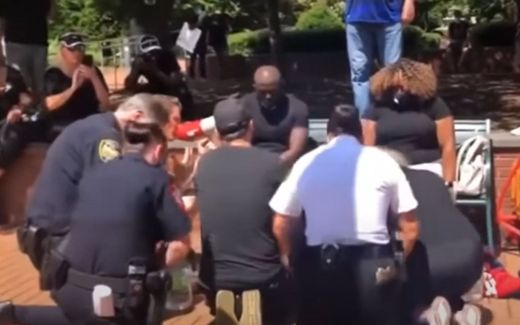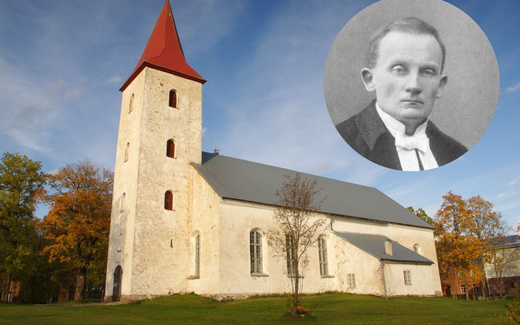Slovakia: Revival among the Roma
15-07-2023
Christian Life
JoelNews.org
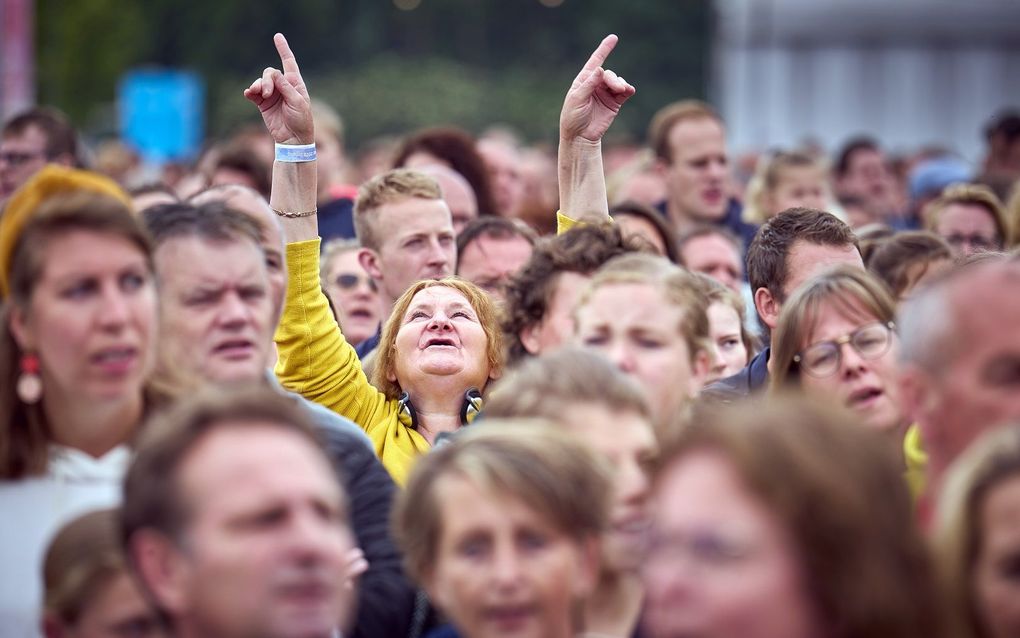
Photo ANP, Phil Nijhuis
Christian Life
For 20 years, there has been an unprecedented revival ongoing among Slovakia’s marginalised Roma (gypsie) population.
Since the formation of an embryonic Roma church fellowship in Sabinov, Slovakia, in 2000, the revival has gained momentum and spread to the unlikeliest of places. “We have never seen anything like it. No one can take credit for starting it,” say Jim and Sherry Sabella, AGWM area directors for Southeast Europe. “Christ the King has gone into the highways and byways, inviting whosoever will come to His table. The Roma are coming in droves.”
Roma church leaders Marian, Rinaldo, Marek, and Tibor rejoice in God’s miracles in their communities and lives.
In 2007, the construction of a building for Sabinov Gypsy Church began. Miraculously they were granted government permission to begin, but many hurdles were faced in the process, related to discrimination of the Roma in Slovakian society. Despite the opposition, the building was completed with no debt, and has continued to expand. Today Sabinov Gypsy Church is known as the physical birthplace of a revival among the Roma in the neighborhood, the country, and the continent.
Falling crime rates
The Roma community in Sabinov, like Roma communities across Europe, traditionally endured many problems. Unemployment, alcoholism, sexual abuse, violence, theft, and few education opportunities were rampant. Yet as the Lord began to pour out His presence through the church, crime rates began to drastically fall. Police and local authorities took notice, soon partnering gladly with the church. Over the years, the pattern has proven itself: Roma who come to Christ experience and consciously engage in dramatic life transformations.
Substance abuse and addictive, destructive patterns are defeated, Marian states. Homes, though humble and often in squalid settlements, are cleaned and kept immaculate. Hygiene improves. Begging and thievery stops. Jobs are sought. Money is handled with wisdom and foresight. Education becomes valued. Young families seek higher living standards. Communities once characterized by chaos now become organized from the inside out.
Money
Generosity is also born. Rinaldo shares that in one transformed community, impoverished believers learned of a blind man living in a shack. They pooled their money to build the man and his family a new home. Marian says that Roma believers also give thithes faithfully. “I am deeply touched by this,” he says. “Even those who are unemployed are still willing to give to God.”
These unprecedented occurrences have captured the attention of governments, law enforcement, social workers, and scholars studying the Roma culture. Marian, Rinaldo, Marek, and Tibor have had the opportunity to share with government officials the changes that have originated in their own community of Sabinov.
In two nations, they have even spoken with the national parliament. When asked what they are doing to bring about change and how those results can be replicated, Marian answers clearly: “You can offer the Roma any kind of help, but they will not change unless they have been changed in their hearts by Jesus Christ. He will first change their hearts, and then He will change their minds.”
Moving
Roma who are touched by the revival in Slovakia are now moving across Europe seeking better opportunities for their families. They carry Jesus with them, spreading revival fires wherever they go.
Hundreds of Roma churches being planted across Europe look routinely to Marian and his team for training and guidance, and so do mainstream European church leaders. Teams of pastors from England, Poland, the Czech Republic, and Austria come to Sabinov’s church leaders to learn how to reach the Roma in their own countries.
“To see revival is hard work,” Marian says. “But we are seeing its fruit - and the blessings of God - and in that there is great joy. We do not wait for the broken to come to us. We go find them. Revival must first be in us. Its fire must be in our hearts. Pray this for us: We need more servants to come help us. Many villages are crying out to us for help in terrible situations, and we do not have enough people to send.”
Bible translation
In the meantime, the Romani Bible translation project in Slovakia has been very successful, with a complete New Testament and about 34% of the Old Testament translated.
Roma Networks in Eastern Europe produced an inspiring video on God’s work among the Roma people. It shows how the global church can partner with the vibrant Roma communities in healthy and dynamic ways.
Related Articles

